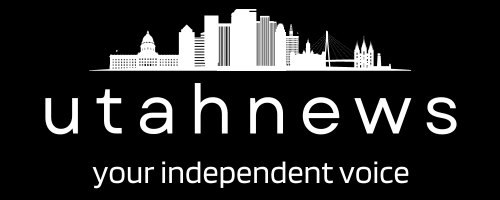How Can We Think for Ourselves?
"If you don’t read the newspaper, you’re uninformed. If you do read the newspaper, you’re misinformed."
Mark Twain (possibly misattributed) Tweet
The news has never been, in the words of Dragnet’s Sergeant Joe Friday, “just the facts, ma’am.” Pretty much everyone has an agenda. How do we sift fact from propaganda and think independently?
The concept of critical thinking originates with Socrates, around 400 BC. Wikipedia states that he “established the unreliability of Authority and of authority figures to possess knowledge and consequent insight.” He said that people must ask critical questions, seek evidence, examine the facts, and follow the implications for thought and action.
Research shows that some people are naturally more inclined to trust those in positions of authority. Others ask questions. Of course, being an “authority” doesn’t necessarily make one trustworthy. A doctor for example, like any other human being, can make a mistake.
Here are a couple of examples where we could question conventional wisdom.
We are told to reduce our intake of salt and choose “low-sodium” versions of foods like chicken broth. Knowing that sodium (Na) is essential to life, along with other electrolytes like potassium (K) and calcium (Ca), we might wonder why anyone would ask us to eat less salt. In fact, before he became known for leading India’s movement for independence from the British Empire, Gandhi initiated protests against British efforts to limit access to salt, saying, “Next to air and water, salt is perhaps the greatest necessity of life.” Since everyone’s body is different, and people eat and exercise differently, the salt issue is a complicated one to which no blanket restriction can apply.
In another example, we are told that the world is headed for climate catastrophe caused by rising CO2 emissions. Socrates might encourage us to ask how much of the atmosphere is CO2. Learning that it is .035% might make us wonder, “Even magnified by “the greenhouse effect,” could three one-hundredths of one percent really be enough to do any serious damage?”
Here are four keys to thinking for ourselves:
First, practice recognizing hidden agendas. Could the speaker be planning to benefit financially by promoting something they say is good for us? Other secret reasons for saying or doing something can include fraud, surveillance, or selling our data.
Second, learn more about the topic. It’s easier to identify falsehoods when we ourselves have plenty of relevant knowledge. For instance, if we had been personally sitting in the school board meeting, we would recognize whether or not it was reported accurately in the local newspaper. If we can’t possibly get first-hand information, we can research by asking friends, reading or watching other sources, and thinking about whether something sounds reasonable or “just doesn’t add up.”
Third, stay alert for signs of emotional manipulation. “If it bleeds, it leads,” is a cliché in the news business. Are sensational images or biased headlines distracting us from thinking clearly?
Finally, we can rely on our moral compass and intuition. The most important source of truth is within each of us. The inner voice knows what’s wrong and what’s right. Trust yourself first.
Thinking for ourselves leads to acting independently with confidence. You “gotta know to say no” to things that aren’t right. Thinking for yourself helps you stay positive, look for solutions, and enjoy independence.
https://en.wikipedia.org/wiki/Critical_thinking
https://www.skillsyouneed.com/learn/critical-thinking.html
https://www.scientificamerican.com/article/its-time-to-end-the-war-on-salt/
https://climateactiontracker.org/countries/china/
https://energytalkingpoints.com/the-myth-of-an-overheated-planet/
